The newest and final section of the M44 expressway has been completed. At the opening event, Viktor Orban emphasized that the government is fulfilling a long-standing promise to the residents of Bacs-Kiskun and Bekes counties. He recalled how important these areas were in toppling communism and regaining Hungary’s independence. He also mentioned one of the early milestones leading to the formation of the Fidesz Party: the first student seminar in Szarvas, back in 1985. Orban noted:
Reaching Bekes used to take half a day. Every post-communism Hungarian government promised to remedy the situation. In 1990, the old route 44 was upgraded from a secondary to main route.
Viktor Orban: Urban air makes us free, rural air makes us Hungarian
"But the real work began - and making good on this promise - in 2014 under the patriotic government. At the time, we entrusted Janos Lazar with solving the problem," Orban recalled. Since 2016, the M44 has been developed section by section, finally linking Szentkiraly in 2024. However, although from Budapest to Bekescsaba the connection is finished, the reverse direction is not yet complete. He hopes that will be resolved next year.
We’ve built over 125 kilometers of expressway, creating faster and more comfortable connections. We’ve improved the quality of life for people living here - you certainly deserve it. You are hardworking, ambitious, patriotic people who love their country. They say that taking in urban air makes you free, but this place and you are living proof that breathing rural air makes you Hungarian. Hungary could always count on the people who live here, and I personally thank you for the support I have received from you. Today proves that you too can count on the national-minded government,
the prime minister said.
"The Kunsag is the Heart of the Country"
Viktor Orban also highlighted that the Kunsag region is central to Hungary, "providing more than agricultural products and the beauty of the Great Plains, it’s also become an industrial hub — with the Mercedes factory in Kecskemet, many automotive suppliers, the Univer food industry company, as well as the Szarvas factory producing the classic stovetop espresso maker, found in every Hungarian household,” he joked, adding that its signature aroma of slightly burnt rubber was part of the charm. "The headquarters of Duna Aszfalt, without which we wouldn't be standing here are located in the vicinity," he remarked.
He pointed out:
while factories are closing across Europe, Hungary is opening and expanding them — supported by infrastructure like this new expressway. With the M44 comes more opportunities, more work and more resources. The last major labor reserves in the country are in this region. We want to create opportunities and bring them into the economic bloodstream,
Viktor Orban said. He also noted that over the years, Hungary has become a country of road construction. "Since 2010, the kilometers of expressway have increased 1.5-fold and we have doubled state assets. We also decided that every county capital will be accessible by expressway. Today, with the M44, Bekescsaba joins this club." But the work does not stop here, the prime minister stressed.
We will widen the M1, M3 and M7 motorways to three lanes, but we will also build the M8 motorway, which will also pass through here without going through Budapest,
he said.
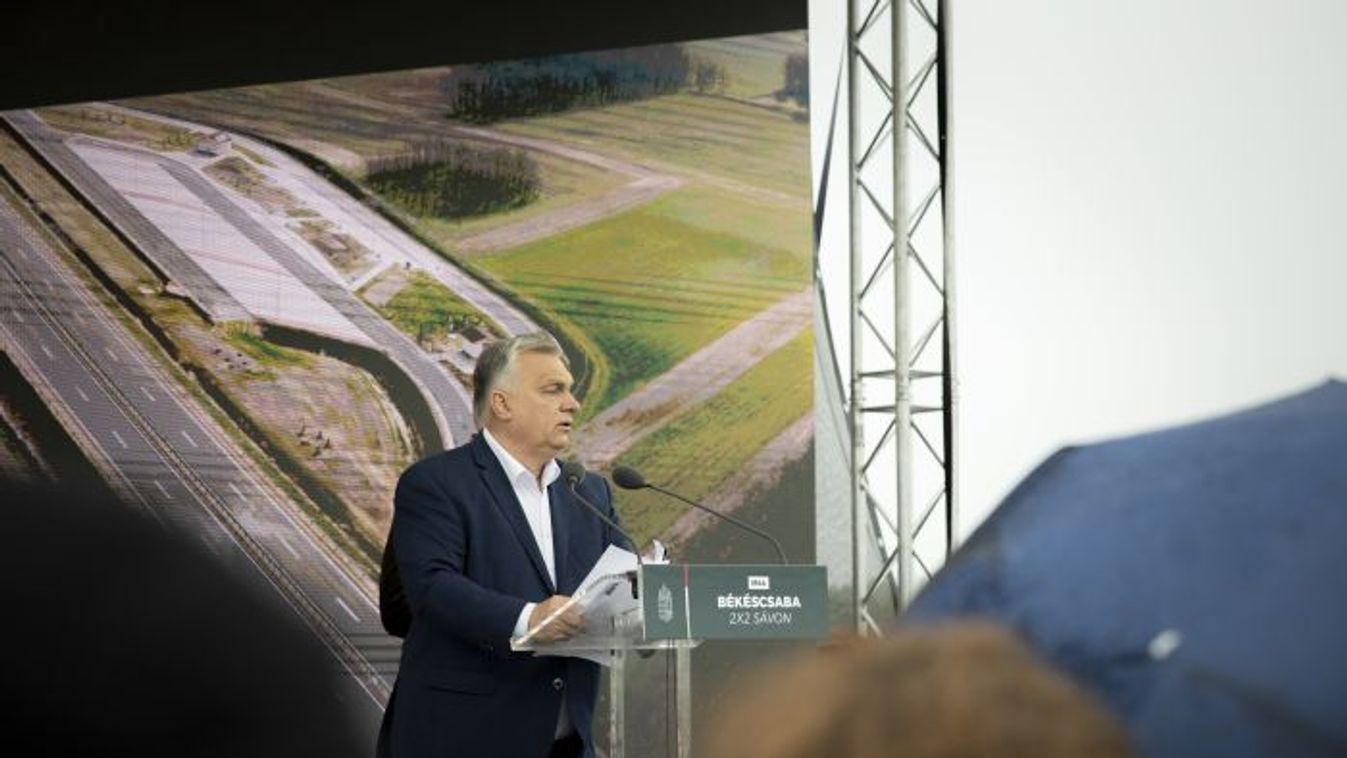
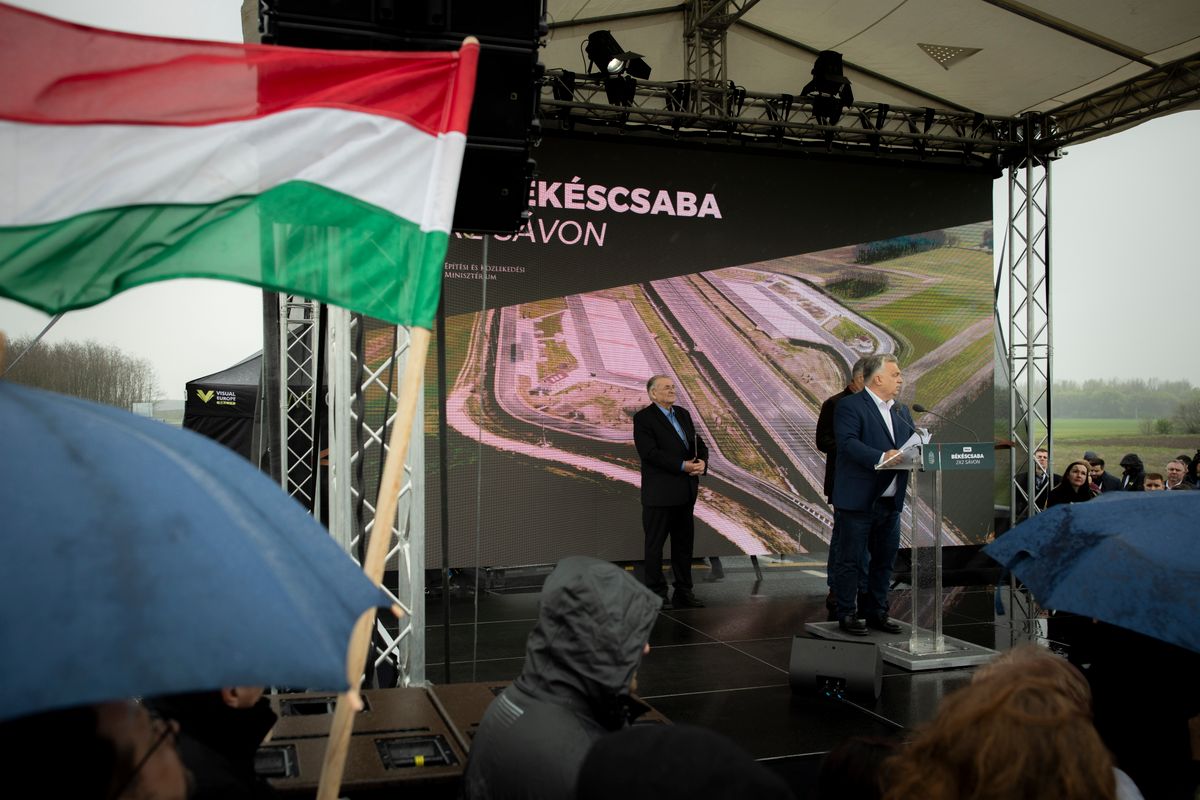
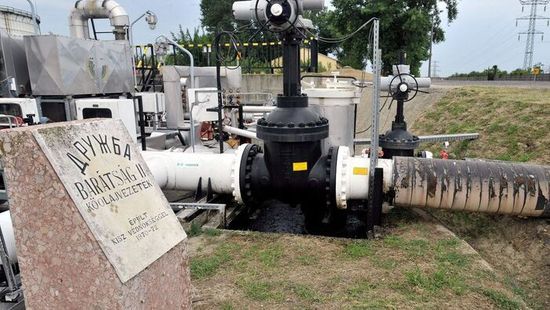
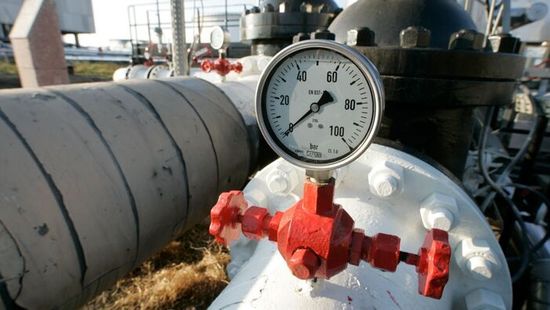
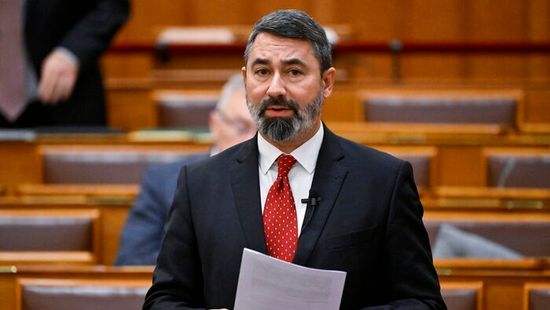
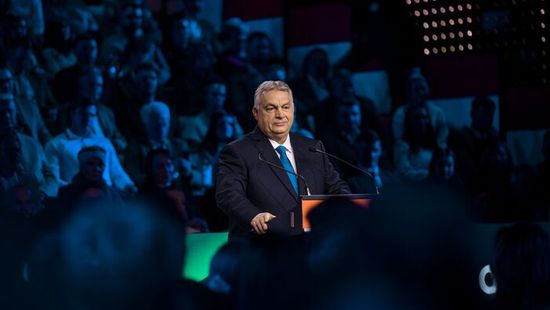


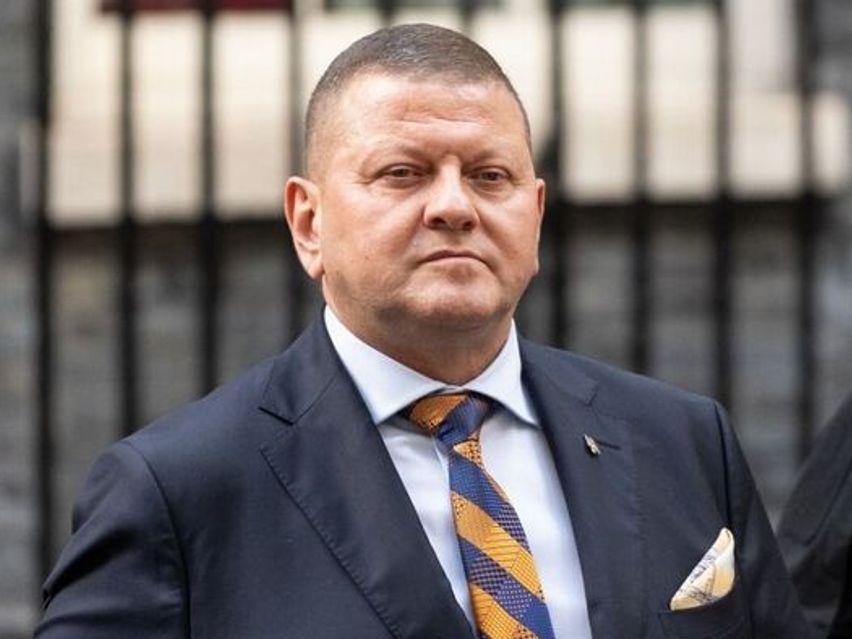

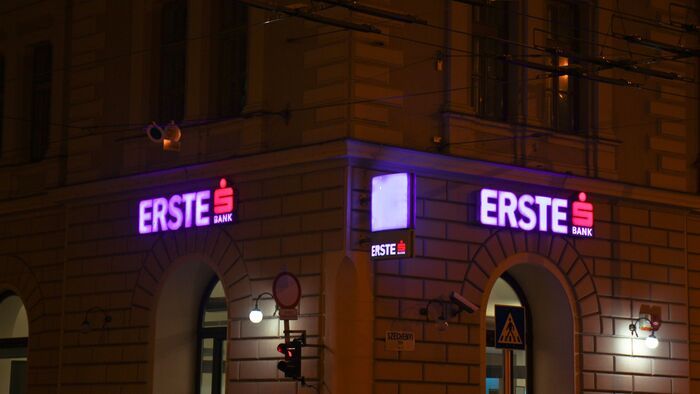

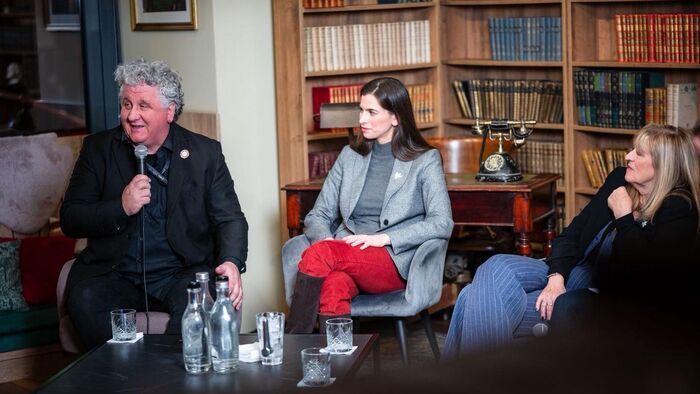

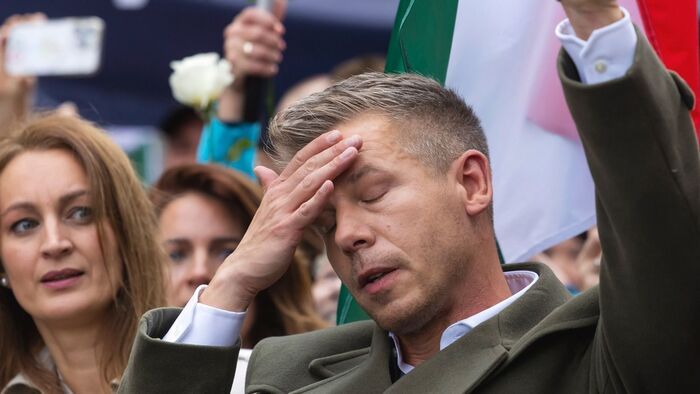
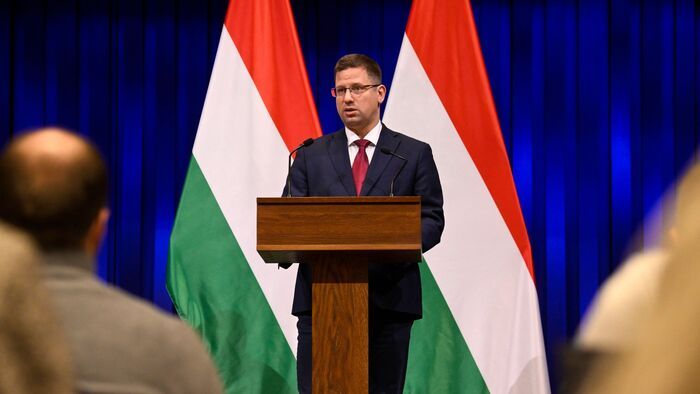
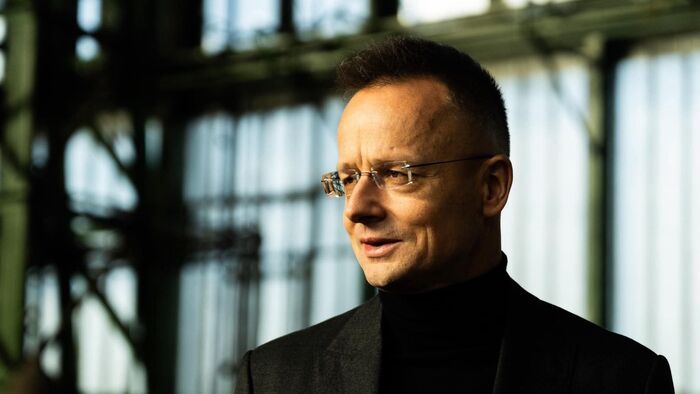
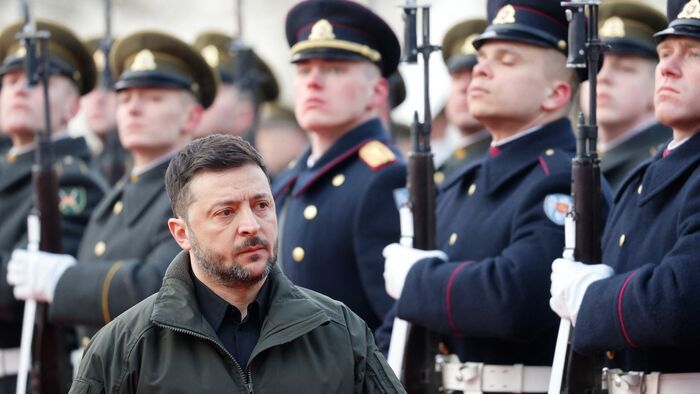
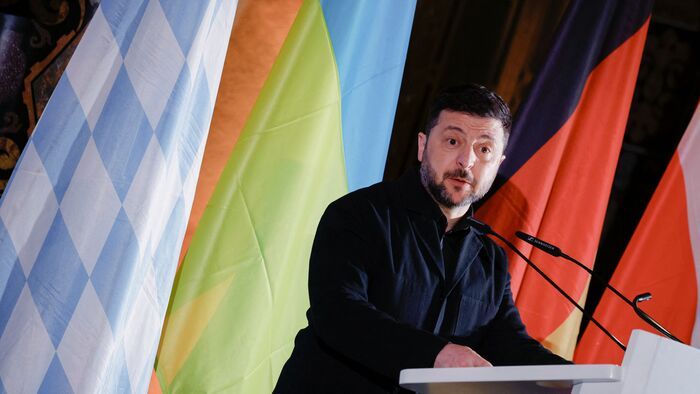
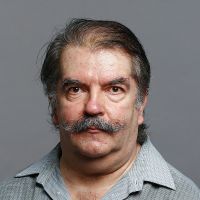
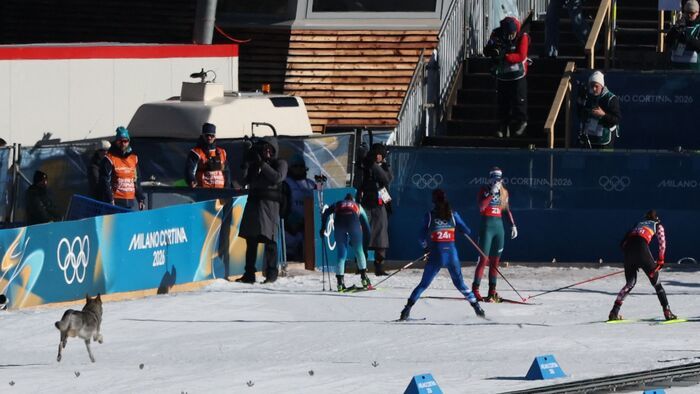



Szóljon hozzá!
Jelenleg csak a hozzászólások egy kis részét látja. Hozzászóláshoz és a további kommentek megtekintéséhez lépjen be, vagy regisztráljon!